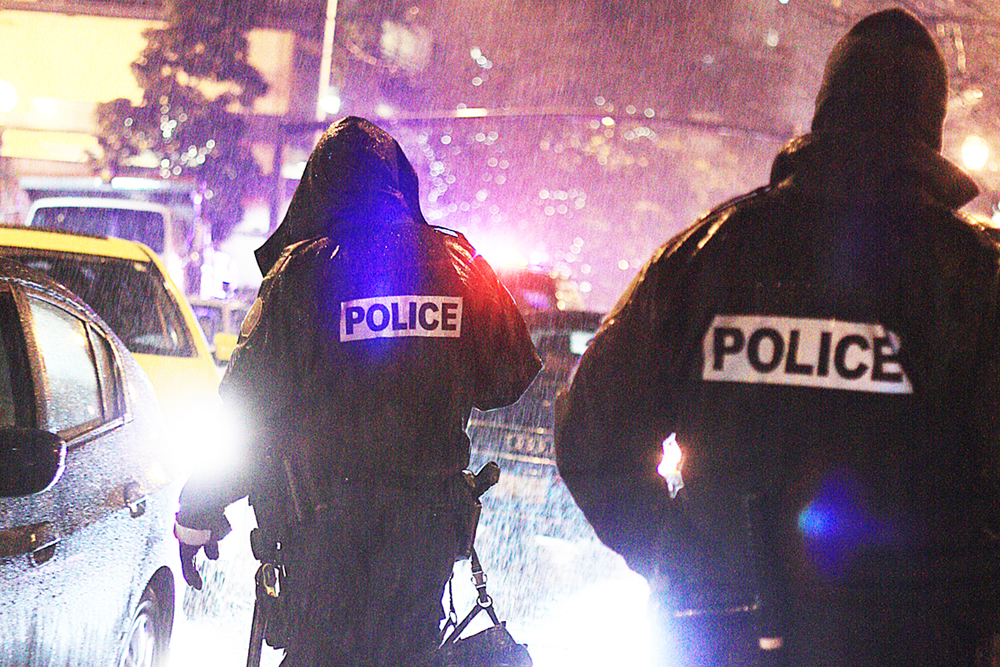A degree in journalism never crossed my mind when I was starting my college education at Portland State. Communication studies seemed to be the way to go so I dove in headfirst, and I have enjoyed myself thus far. But last year when I was taking Comm 200, the professor announced that the Vanguard was hiring writers.
While writing for the newspaper I toyed around with the idea of switching majors. I figured if I planned on getting serious with my writing that this might be an advantageous decision. Unfortunately, it was not to be. For as I scanned the list of degrees and majors listed on the PSU website, there was not a journalism major to be found.
This was quite perplexing. How is it that a university with several different student media publications is lacking the one degree most applicable to this work? Without formal journalism classes, how can PSU expect its student publications to be high quality?
Personally, the experience of writing for a paper without any formal training has been somewhat difficult. I remember when I was brought on board I was given an abbreviated Associated Press Stylebook and a pep talk, and I was sent out to learn by trial and error while churning out my pieces.
While I have been able to rise above this paradoxical situation—a situation in which I am expected to present polished work yet have been given no direct instruction on how to get there—I am not sure that others would be able to succeed given these conditions.
A potential result of not having formal journalism classes, and having to rely on my best judgment, is a fly-by-night operation of sorts. The lack of journalism classes has a strong potential to hinder the ability of student media to rise to its fullest potential.
Of course, there are non-credit classes that aspiring student journalists can take at PSU to bolster their journalism skills. What about those who wish to make a career out of journalism, yet do not have the time to take these supplementary classes? They are deprived of a learning opportunity, as well as an opportunity to get college credit for doing something they love. The aspiring journalist is also deprived of professors with vital connections to an ever-shrinking number of newspapers.
Not only am I (and other aspiring journalists) deprived of journalism professors with connections to our beloved media, we are also deprived of references from those in the field we seek to enter. While having references from professors in the fields of communication and English will no doubt be beneficial, and definitely not looked down upon by the person at the newspaper responsible for making the hiring decisions, that person will certainly wonder why someone applying for a journalist position has a resume devoid of any references from journalism professors.
Fortunately, all is not lost and there are ways around this. PSU allows students to take classes jointly with Portland Community College, and PCC does happen to offer entry-level journalism classes. While co-enrolling at PCC will mitigate some of these journalistic disadvantages that must be overcome, it is unfortunate that one would be forced to go back to a community college to acquire skills and references. There’s also a new journalism certification program at PSU which is capped at 10 students per year and open to only those in higher-up positions in student media, so it benefits extremely few.
PSU should really look into adding a journalism program. Not for me, no. My ship has set sail and communication studies is my path. And you should see the looks I get when I tell people that I write for multiple papers and that I have cobbled together journalism skills through a combination of trial and error, the Associated Press Stylebook and the chapters within it pertaining to media law and a healthy dose of winging it.
While winging it is fun, it is probably not the way to go (if one can help it) when trying to start a career.






